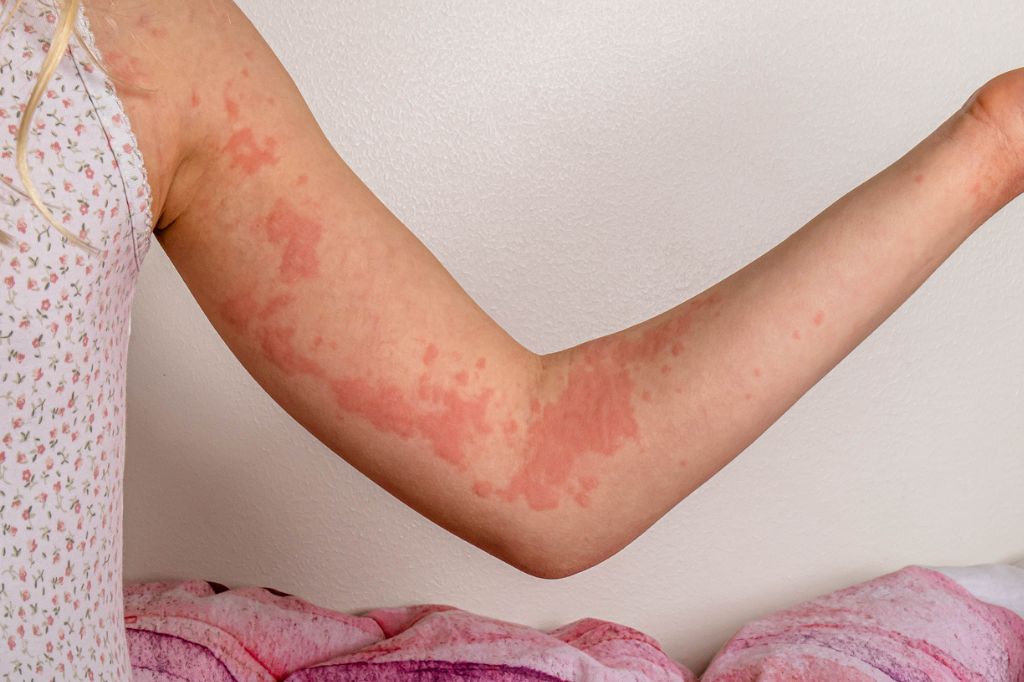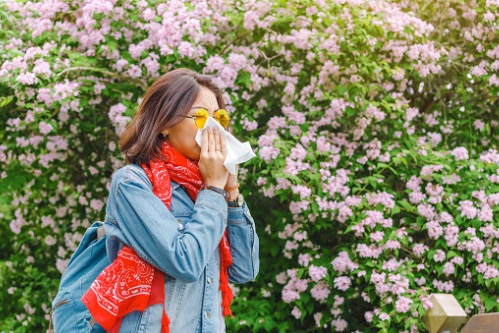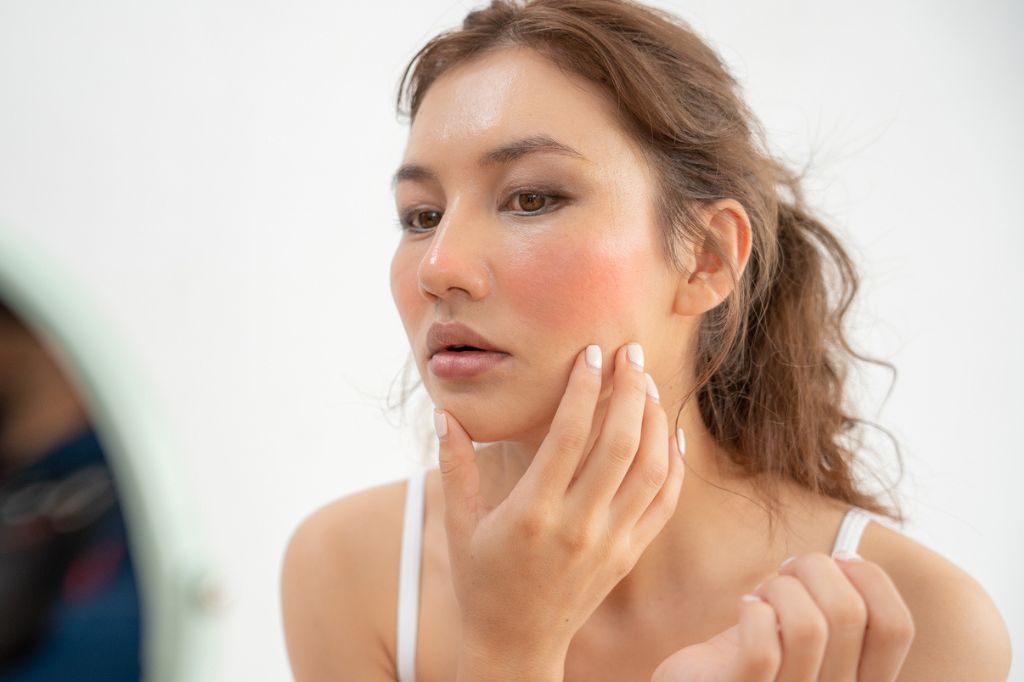
What to Do for Hives and Why They Happen
Hives can appear without warning, transforming your day from normal to uncomfortable in a matter of minutes. While the sight of these red bumps can be distressing, understanding what triggers this skin reaction and knowing how to soothe your symptoms can help you regain comfort and control.
Understanding Hives: Causes and Triggers
Hives, also known as urticaria, can result from various triggers, including:
- Allergic Reactions: Common allergens like food, medication, or insect stings can prompt the body to release histamine, leading to the development of hives.
- Physical Triggers: For some, physical factors such as pressure, temperature changes, or sun exposure can induce hives.
- Infections and Illnesses: Sometimes, infections or illnesses can lead to an outbreak of hives as part of the body’s immune response.
- Stress: Emotional stress is also a known trigger for hives, highlighting the connection between stress and skin health.
Practical Steps to Manage Hives
If you’re struggling with urticaria, here are some immediate and long-term strategies to manage the condition:
- Avoid Known Triggers: Once you identify what triggers your hives, try to avoid these stimuli to prevent future outbreaks.
- Over-the-counter Treatments: Antihistamines can help alleviate symptoms by blocking histamine action in the body. For immediate relief, applying cool compresses to the affected area can also be soothing.
- Consult a Specialist: For persistent hives, it’s crucial to consult with an allergy specialist. They can offer tailored advice and treatments, which might include stronger medications or allergy tests to pinpoint specific triggers.
- Stress Management: Since stress can trigger hives, incorporating stress-reducing practices such as meditation, yoga, or regular exercise can be beneficial.
When to Seek Immediate Help
It’s important to monitor your symptoms closely. If you experience hives along with swelling around the lips, eyelids, or throat, difficulty breathing, or dizziness, seek emergency medical attention as these may be signs of a more severe allergic reaction called anaphylaxis.
Find Relief from Hives at Northeast Allergy
At Northeast Allergy, our team is committed to helping you manage your allergic reactions and improve your quality of life. We provide comprehensive allergy testing and personalized treatment plans to address and manage conditions like hives effectively.
Ready to address your allergy symptoms? Contact Northeast Allergy for expert care and support. Let us help you navigate your allergies with confidence and ease.



